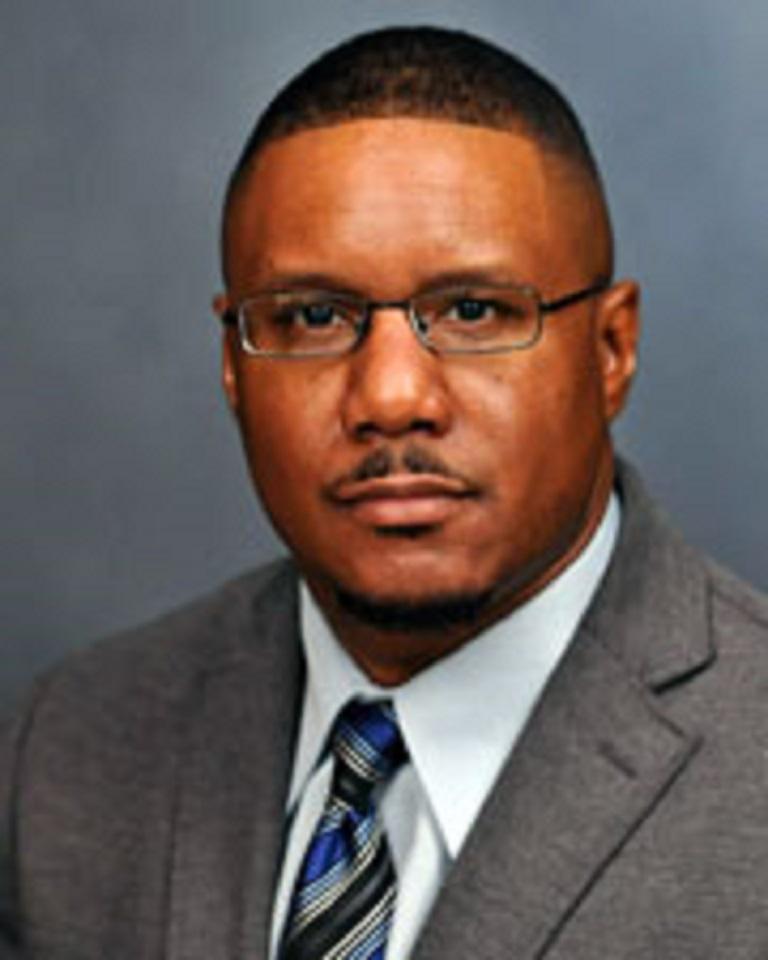Clarence Lang

MENTOR SPOTLIGHT | MARCH 2015
Department: African & African-American Studies, and American Studies
Describe your research/creative work in a few sentences that we can all understand: My work focuses on work, urban community, protest movements, and social class among African Americans in the twentieth century.
Q: How did you first get interested in doing research/creative work?
A: I grew up during a period of strong nostalgia for the 1960s, so I was fascinated with the black-and-white images of the Civil Rights Movement. When the “Eyes on the Prize” documentary series on the movement premiered on PBS in the late 1980s, I was glued to the screen. I ended up reading The Autobiography of Malcolm X, and the rest is history. Literally. I began reading a lot of historical work on my own.
Q: What do students in your discipline learn by doing research that they wouldn’t learn by just taking classes?
A: Going to the archives, and looking at primary documents like personal letters and notes, fosters an ability to engage the past as human beings experienced it then, not as we have remembered and memorialized it today. Also, in a lecture, an instructor often gives you a ready-made, cohesive narrative, which allows you as a student to passively receive information. Archival research forces you to “read” the past more actively and dynamically. There’s often not a road map to reconstructing the past. You’re in the position of having to make the connections and draw conclusions regarding who did what to whom, when and where they did it, why they did it, and most importantly, what the effects were.
Q: What do you find to be the most exciting part of doing research/creative work? What makes this line of work meaningful and interesting to you?
A: To do historical research, you spend a lot of time sifting through fragmented pieces of evidence. If you keep at it, though, a moment comes when you begin to see the broad shape of things, and a coherent picture begins to emerge. There’s no greater feeling than that moment of discovery. It’s also rewarding when you come across that document that completely alters everything you expected to find.
Q: What advice do you have for undergraduates interested in doing research in your field?
A: If digging through boxes and files, or talking to archivists about their craft, does not give you a jolt of adrenaline, a career in historical research may not be for you. It also helps to be a curious person, someone who is always asking “Why?” And another thing: even though producing historical work is a social process that requires you to share ideas and questions with others, the act of historical research actually requires you to spend a lot of time alone, so you’d better be comfortable with your own company.
Q: For many students, doing research is the first time they have done work that routinely involves setbacks and the need to troubleshoot problems. Can you tell us about a time that your research didn’t go as expected? Have you developed any tricks or habits that help you to stay resilient in the face of obstacles?
A: When I initially began my research on black social movements in St. Louis, I assumed that black activists were generally in accord about how to address racial inequalities. I quickly found that they were often in conflict with each other regarding goals and means. This spurred me to think in far more complicated ways about the inner lives of social movements. In general, these sorts of setbacks are healthy, and you should welcome them. They force you to refocus your research questions and confront your overall assumptions about your project. If your approach to your topic remained the same from the beginning to the end of the work, you’ve not really done research. The periods of difficulty are the very moments when you make the scholarly and intellectual leaps. Don’t be afraid of them.
Q: How do you spend your time outside of work?
A: One of the things that I have found about being a professional scholar is that you never really feel that you’re “outside of work,” so the reading, research, and writing are typically ongoing activities at home. But when I do force myself to take a break, I generally like to read popular novels, listen to music and exercise, watch scary movies and thrillers, and shoot pool. Occasionally, I practice my guitar. I’m no good at it, to be perfectly honest, but it’s relaxing and fun. Academic work can consume your entire being, so you have to have extracurricular activities. If nothing else, it keeps you from becoming sedentary and dull.